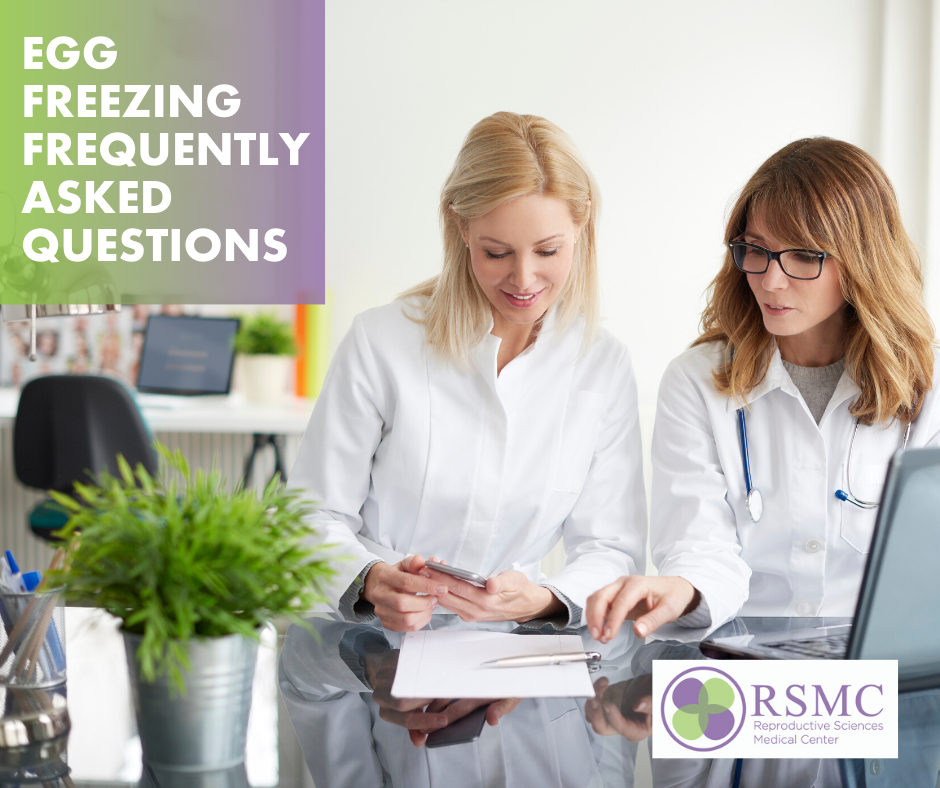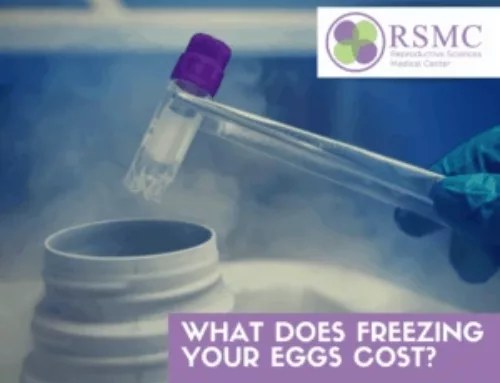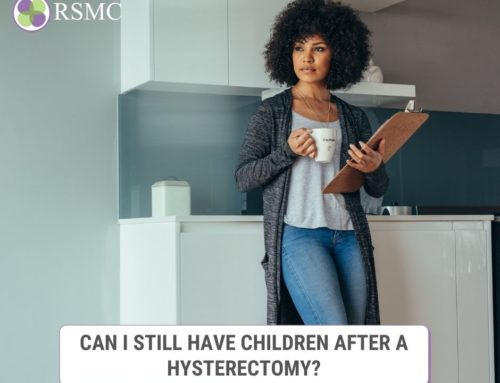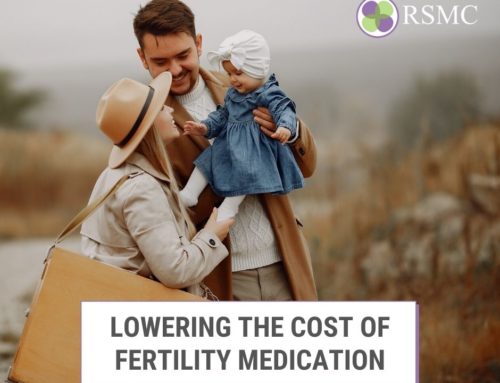Egg freezing is the most common method of fertility preservation. It allows a woman to preserve her fertility at her present age. So that she can get pregnant when she thinks the timing is right. However elementary queries, such as what happens in egg freezing process, how much egg freezing costs or what are the risks of egg freezing, do concern people. Below are some of the most asked Egg Freezing FAQ and their answers.
What is involved in egg freezing?
One of the most sought FAQ about Egg Freezing is what actually happens in this process. In order to freeze your eggs, you will have to undergo an egg retrieval procedure at a fertility clinic. You are going to pass through the same process as in IVF. Here you receive fertility hormones injections so that your body can produce more eggs.
An egg freezing cycle typically takes three weeks to complete. It involves the use of birth control pills for 1 or 2 weeks to turn off natural hormones. This is to prevent pregnancy (this step is skip-able if there’s a need for urgency, for example, before cancer treatment). The following nine to ten days include taking hormone injections to encourage the ovaries to produce more eggs than usual.
A small, ultrasound-guided needle which is inserted into the ovaries through the vagina. It removes the eggs once they are mature enough. This procedure is brief, painless, and is carried out under mild sedation. Either the slow-freezing or flash-freezing method then freezes the collected eggs. Most clinics now use the flash-freezing method as it is more advanced and more successful. At Reproductive Sciences Medical Center, we freeze patients’ eggs using vitrification technology.
When you are ready to get pregnant (this can be many years later), the frozen eggs are thawed and fertilized. After that, it is transferred into your womb.
Who should consider egg freezing?
You should consider freezing your eggs if you:
- Have got a cancer diagnosis
- Need or want to delay parenthood to pursue a career, educational, or other personal goals
When should I freeze my eggs?
Many women put the query in FAQs because they find it confusing to decide the best time for freezing their eggs. While there is no particular “optimum age” when you should freeze your eggs, it is advisable to go for egg freezing in your prime reproductive years. for example, when you are between 20 to 35 years of age. According to current studies, Freezing eggs between the ages of 20 to 35 are most likely to result in a live, healthy birth later in the future. So, the younger you have your eggs frozen, the better your chances of becoming pregnant in the future.
How long can the eggs remain frozen?
The practice of freezing eggs for later use does not have good documentation. So, we don’t know for sure how long eggs can be stored without them decreasing in quality. According to recent studies, frozen eggs can remain viable for 4 to 5 years, but expectations are that eggs would still be useful as long as optimal freezing conditions are maintained.
How many eggs should I store to achieve a pregnancy?
Data from various preliminary studies estimate a 75% egg fertilization rate and 85% successful thaw rate for women not more than 38 years of age. So, if you have ten eggs frozen, expect 7 of them to survive the thawing process, and 5-6 to become fertilized and form embryos. Typically, 3 to 4 embryos are transferred into the womb of women in their late thirties. With that being said, we suggest that you do store ten eggs for each pregnancy attempt.
Is it always successful?
The egg freezing process is usually successful. What you should be concerned about is the success rates of using those eggs to achieve pregnancy. Pregnancy success rates depend on several factors, mostly the age of the women and egg quality. Other factors are the quality of the donor’s or male partner’s sperm, the uterine lining, as well as the overall health and well-being of the woman. Note that it may take 2-3 cycles to achieve a healthy embryo, even when the eggs are of good quality.
How well does egg freezing work?
A very relevant FAQ to discuss is how well Egg Freezing works: We have helped a lot of women freeze their eggs at our RSMC fertility center, and we can tell you that egg freezing does work. 6 out of 10 women who return to use their frozen eggs were able to get pregnant and have a healthy baby. Egg freezing and successful pregnancies can involve different factors. The first can involve fresh, unfrozen embryos, while the other uses frozen embryos. At RSMC, our pregnancy rate with frozen eggs is just as good as with frozen embryos.
What if I’m over 38 years old?
The pregnancy rates depend on the women’s age at the time of egg freezing (not the age she’s ready to use the eggs). Women older than 38 have a lower chance of getting pregnant in comparison with younger women. There are not many cases of women who conceived from eggs frozen at 38 years of age. However, this doesn’t mean that you can’t freeze your eggs at this age.
Are there any risks?
A common FAQ to ask is if egg freezing is a safe procedure or not. The short-term risks of freezing eggs are similar to what infertile patients undergoing IVF treatment face. For example, depending on the fertility medications used, patients may experience side effects like nausea, mood swings, headache, weight gain, bloating, nausea, etc.
Although we are yet to know the long-term risks of egg freezing on young, fertile women, we do know that using frozen eggs to conceive does not increase the risk of congenital birth defects. Results obtained from a study of children born from frozen eggs showed no increase in the rate of birth defects compared to the general population.
What are the costs of Egg Freezing?
Egg freezing costs are similar to that of IVF. A cycle of egg freezing usually starts at around $10000. This amount includes the cost of medical testing, monitoring, ovarian stimulation drugs, and egg freezing and storage. Keep in mind that some women may need to undergo more than one round, paying double or triple of that amount.
Our Billing Manager will be more than happy to answer any questions you may have regarding costs, payments, and insurance coverage.
If you have any questions regarding Egg Freezing or your fertility, you can always visit us at www.fertile.com or call 858-436-7186 to schedule aconsultation























